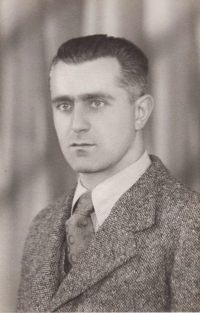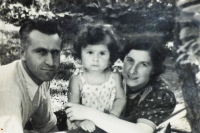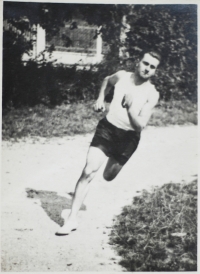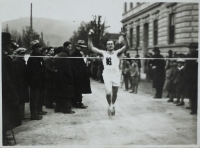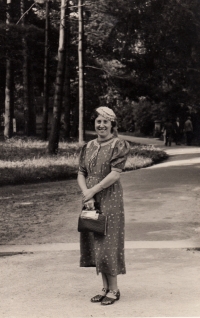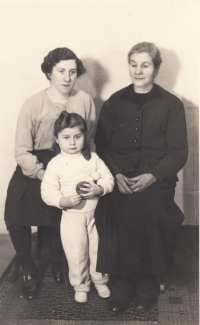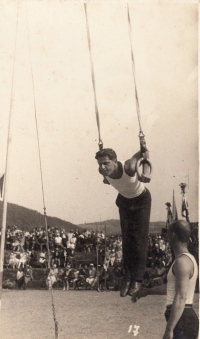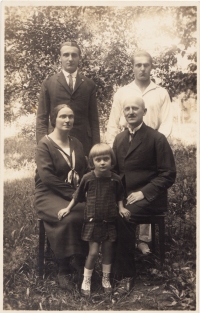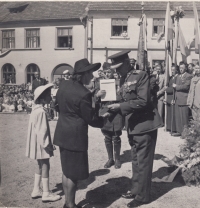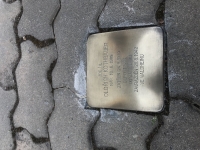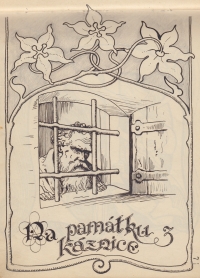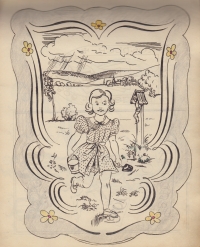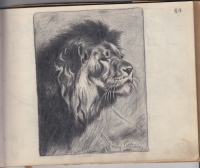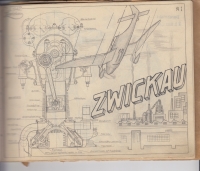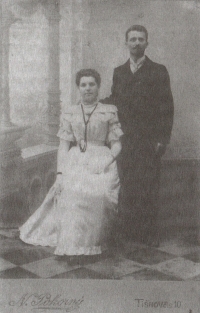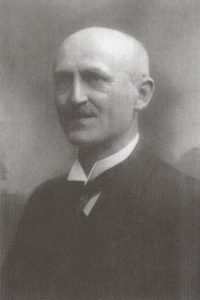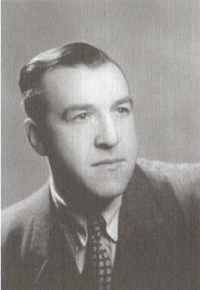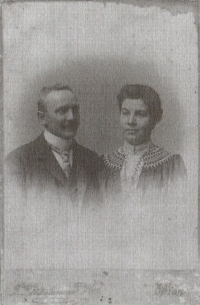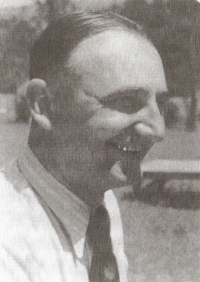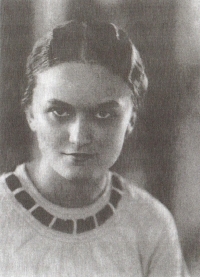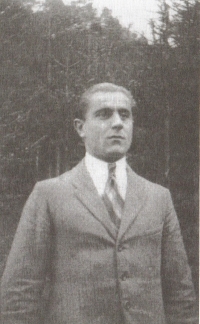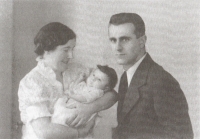We should help people, we should not destroy them

Stáhnout obrázek
Jitka Hochmanová was born on the 10th of June 1938 in Brno to a family of Oldřich and Josefa Kothbaeur. She was a long-expected child. However, the father enjoyed his daughter only for a short time. He joined the anti-Nazi resistance right after the establishment of The Protectorate and he was arrested in August 1939 (paradoxically, it was for spreading of leaflets which he did not probably take part in) and he never returned home. Her mother continued in initiated resistance activities after father had been arrested. Dramatic destiny of her family became the main topic of Jitka´s narration. Gestapo did not get to know about the fact that Oldřich´s main resistance activity lied in smuggling and distribution of weapons from Brno Munitions Factory until two years after his death at the end of 1944 when one of the members of legionary-armaments group did not stand the torture and gave away that the stolen weapons had been dug in Kothbauers´s garden. Finally, it was enough for Gestapo that little Jitka and her grandmother took the excavated weapons to a local police station. Jitka with her mother, grandmother and aunt Vilma dramatically experienced also bombing of Tišnov and the subsequent flight to a seclusion. They tried to cope with their experience after the war - however, both mother and grandmother suffered from consequent prolonged physical and mental problems. Jitka took care of them after the war as well as during her studies at grammar school. She worked in Wool Research Institute in Brno for thirty years and she met her husband Vlastimil Hochman there. She experienced disillusion concerning the beginnings of normalization with him and their little daughter Jitka. Their second daughter Pavla was born in 1974. Jitka´s husband died in the 1980s and so did her mother shortly after it. At that time, she was happy mainly about the Velvet Revolution and newly gained freedom. She afterwards started to work at the Faculty of Science of Masaryk University where she worked as an assistant - technician in the field of Inorganic Chemistry. She worked in The Moravian Museum from 2003 and she stayed there to 2010. She now (2020) lives alternatively in Brno and in Tišnov.
